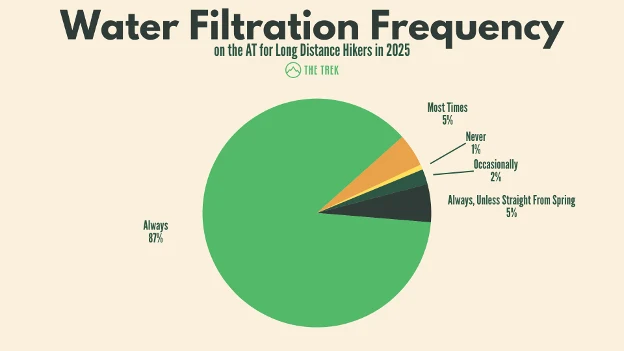NY Mag: Ufanisi zaidi wa Tick Repellents kwa Binadamu (na Mbwa), Kulingana na Sayansi
NY Mag: Ufanisi zaidi wa Tick Repellents kwa Binadamu (na Mbwa), Kulingana na Sayansi

NY Mag: Ufanisi zaidi wa Tick Repellents kwa Binadamu (na Mbwa), Kulingana na Sayansi
YouTube video highlight
Tick Repellents yenye ufanisi zaidi kwa wanadamu (na mbwa), kulingana na sayansi
Read more about the projectTick Repellents yenye ufanisi zaidi kwa wanadamu (na mbwa), kulingana na sayansi
The U.S. Centers of Disease Control and Prevention warn that the incidence of tick-borne diseases continue to increase, following last year’s news that the number of insect-borne diseases in the United States has tripled since 2014. And the summer months are when you’re most susceptible, because “as the weather gets better, tick numbers rise,” according to Dr. Thomas Daniels, who studies ticks at Fordham University’s Louis Calder Center. If you’ve been in the woods and are worried about a tick bite, start by checking your ankles. “Ticks start low and crawl up,” says Dr. Thomas N. Mather, director of the University of Rhode Island’s Center for Vector-Borne Disease and its Tick Encounter Resource Center. “So if they get to the top of your head, it’s not that they fell out of a tree. Instead, they’ve crawled all the way up your body.”
Read the full article by Maxine Builder and Dominique Pariso on NY Mag's website here.
NY Mag: Ufanisi zaidi wa Tick Repellents kwa Binadamu (na Mbwa), Kulingana na Sayansi


Tick Repellents yenye ufanisi zaidi kwa wanadamu (na mbwa), kulingana na sayansi
The U.S. Centers of Disease Control and Prevention warn that the incidence of tick-borne diseases continue to increase, following last year’s news that the number of insect-borne diseases in the United States has tripled since 2014. And the summer months are when you’re most susceptible, because “as the weather gets better, tick numbers rise,” according to Dr. Thomas Daniels, who studies ticks at Fordham University’s Louis Calder Center. If you’ve been in the woods and are worried about a tick bite, start by checking your ankles. “Ticks start low and crawl up,” says Dr. Thomas N. Mather, director of the University of Rhode Island’s Center for Vector-Borne Disease and its Tick Encounter Resource Center. “So if they get to the top of your head, it’s not that they fell out of a tree. Instead, they’ve crawled all the way up your body.”
Read the full article by Maxine Builder and Dominique Pariso on NY Mag's website here.
NY Mag: Ufanisi zaidi wa Tick Repellents kwa Binadamu (na Mbwa), Kulingana na Sayansi


Tick Repellents yenye ufanisi zaidi kwa wanadamu (na mbwa), kulingana na sayansi
The U.S. Centers of Disease Control and Prevention warn that the incidence of tick-borne diseases continue to increase, following last year’s news that the number of insect-borne diseases in the United States has tripled since 2014. And the summer months are when you’re most susceptible, because “as the weather gets better, tick numbers rise,” according to Dr. Thomas Daniels, who studies ticks at Fordham University’s Louis Calder Center. If you’ve been in the woods and are worried about a tick bite, start by checking your ankles. “Ticks start low and crawl up,” says Dr. Thomas N. Mather, director of the University of Rhode Island’s Center for Vector-Borne Disease and its Tick Encounter Resource Center. “So if they get to the top of your head, it’s not that they fell out of a tree. Instead, they’ve crawled all the way up your body.”
Read the full article by Maxine Builder and Dominique Pariso on NY Mag's website here.

























































































































